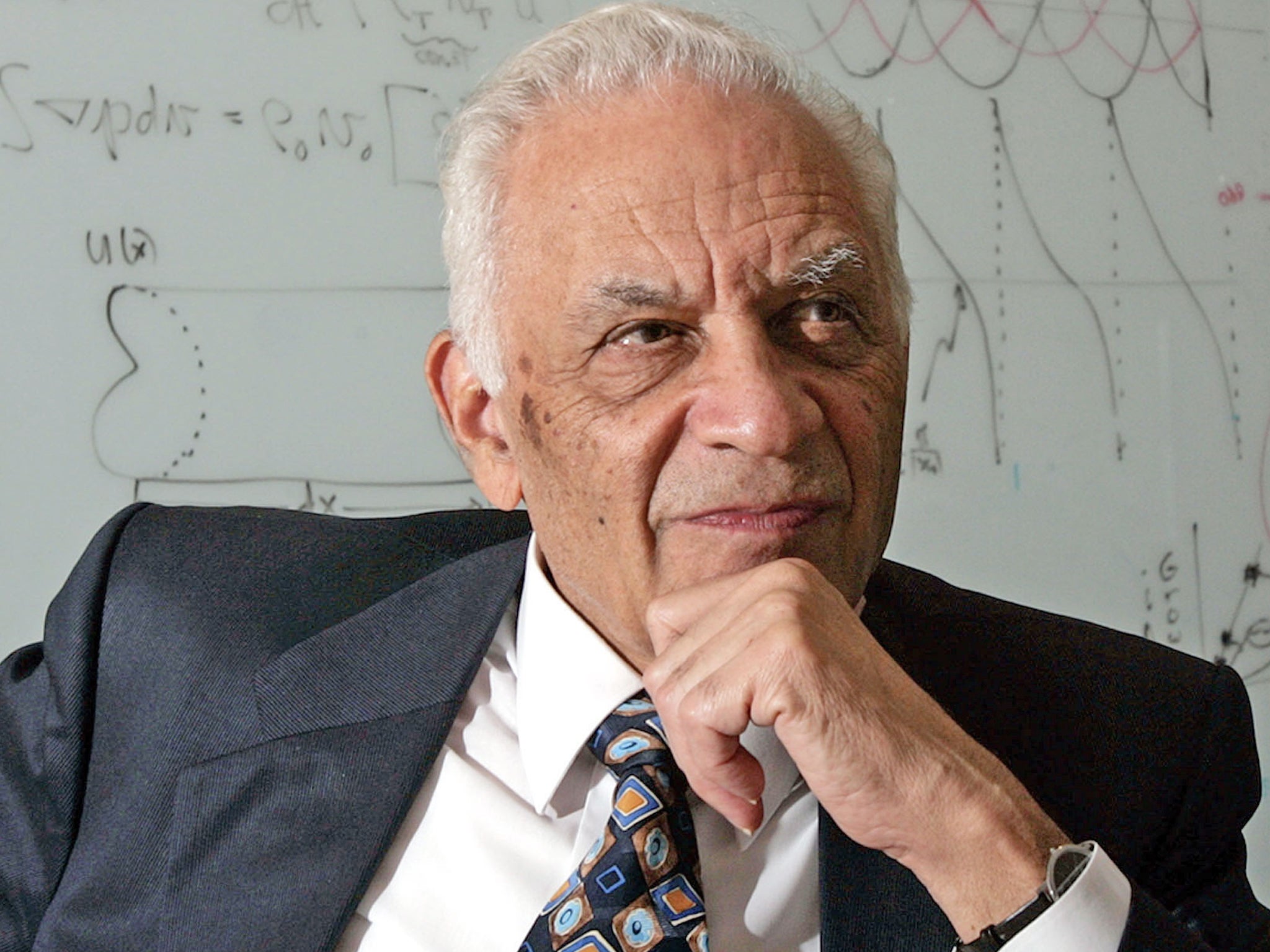Amar Bose: Pioneer of high-end audio technology

By his own account, Amar Bose was an inventor first, a teacher second and a businessman third. But the company he created not only revolutionised audio technology but made his surname alone a shorthand for high-end sound systems around the world.
He was also a perfect example of the American Dream. Amar's father was a Bengali nationalist named Nani Gopal Bose, born in Calcutta, who fled to the US in 1920 to escape retribution for his hostility to British rule in India. There he married an American teacher and made a living by importing coconut-fibre doormats from his homeland.
But that business foundered because of shipping difficulties caused by the Second World War. Fortunately, however, Amar Bose had already found his future calling, a passionate interest in electrical mechanics, and father and son set up a small radio-repair business to tide them through until peace returned.
With the aid of a $10,000 loan the elder Bose sent Amar to the prestigious Massachusetts Institute of Technology, where he took first his undergraduate degree, followed by a masters and then a doctorate, all in electrical engineering. In the process he forged a bond with MIT that would endure his entire life. In 1956 he became a professor and remained a faculty member for the next 45 years. A decade after his retirement from teaching, he gave the university a non-voting majority stake in the company he founded, Bose Corporation. MIT has no role in the management of the $2bn-a-year business, but uses the dividends to fund research and educational projects.
The key moment in his career however came far earlier when, in 1956, as a graduate student and classical music lover, he bought what was supposed to be a state-of-the-art stereo system. Bose was hugely disappointed by its poor quality, and with the obsessiveness of a man on a lifelong mission, embarked on producing something better.
In 1964, he set up Bose Corp, aiming to develop sound systems that captured the sense of space and fullness conveyed by the acoustics of a concert hall. His technique was to build, instead of single speakers, multiple small speakers that aimed the sound at surrounding walls rather than solely and directly at the listener.
Four years later came the first breakthrough, with the Bose 901 Direct/Reflecting speaker system. This was followed by the Bose Wave Radio, and other hallmark products including cushioned, noise-excluding headphones as well as audio systems for upmarket car brands like Mercedes and Porsche. Soon Bose became the benchmark, its systems to be found everywhere, from sports arenas to the Sistine Chapel. The Grand Mosque in Mecca, Saudi Arabia, also has a Bose system, the MA12 Modular Array – built so that people listening from a distance experience the same sound level as those standing almost next to it.
The company's succinct name helped as well. For a while Amar Bose experimented with versions featuring words like "acoustics" and "electronics", but an adviser told him to keep it simple and easy for Americans to pronounce, since "you never know what you're going to be doing five years later." Indeed Bose's fertile mind over the years extended beyond acoustics into fields like car-suspension systems, more comfortable seats for long-distance truck drivers and even cold fusion.
The business's success made him very wealthy, and he featured more than once on Forbes magazine's list of America's richest people, worth at one point an estimated $1.8bn. But at heart he was always a scientist, an inventor and a teacher. As well as being a music devotee, he was a keen fan of the un-American but very Indian sport of badminton. Famously, his classes at MIT extended far beyond electrical engineering into the realms of personal philosophy and life improvement. His firm view was that discoveries came less by incremental science than through sudden flashes of inspiration and enlightenment.
To preserve this philosophy, and his ability to focus on long-term projects instead of short-term profits, he resolutely kept his company private. "I would have been fired a hundred times at a company run by MBAs," he told an interviewer in 2004. "But I never went into business to make money. I went into business so that I could do interesting things that hadn't been done before."
Amar Gopal Bose, inventor: born Philadelphia 2 November 1929; married firstly Prema Sarathy (marriage dissolved; one son, one daughter), secondly Ursula Boltzhauser; died Wayland, Massachusetts 12 July 2013.
Join our commenting forum
Join thought-provoking conversations, follow other Independent readers and see their replies
Comments
Bookmark popover
Removed from bookmarks